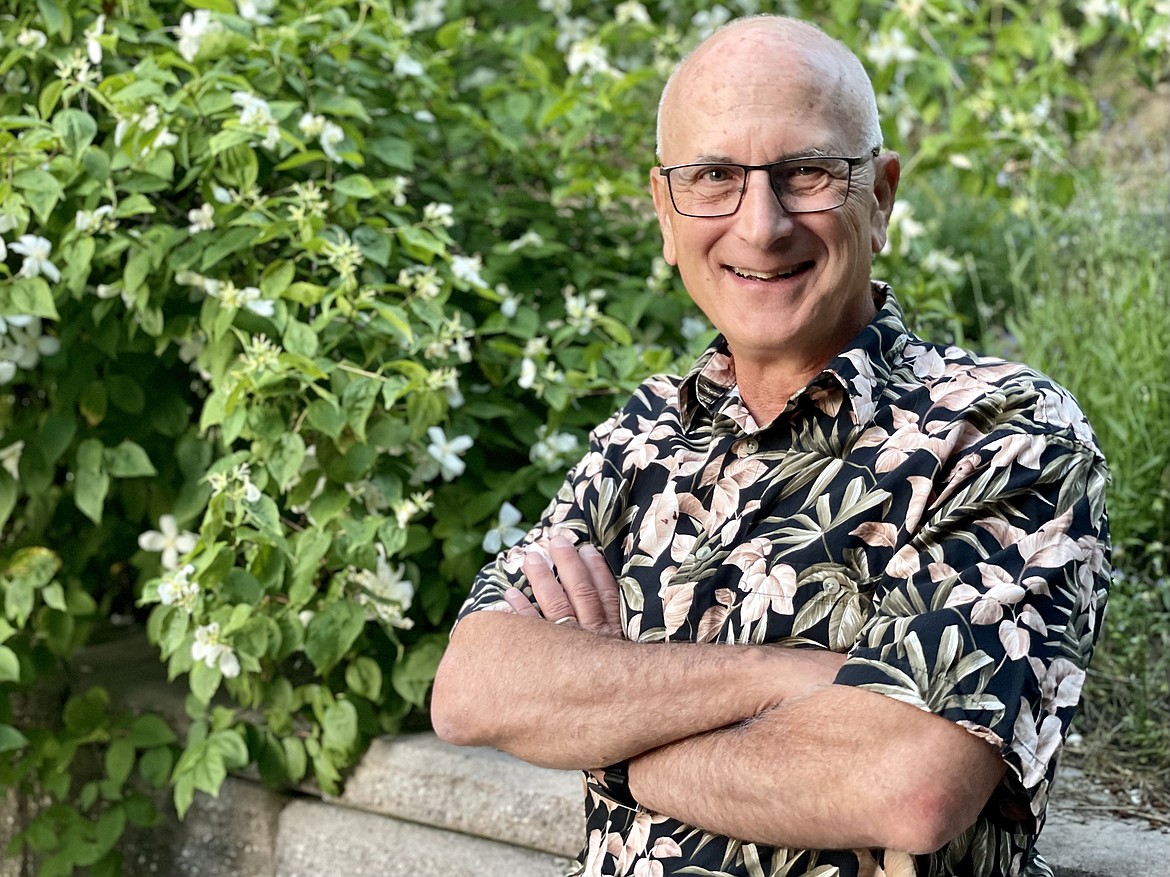OPINION: Black History Month
Tomorrow is the start of Black History Month. And I get it, race is an uncomfortable thing to talk about. It challenges us, and for good reason.
These conversations are especially tough in Kootenai County where less than 0.5 percent of the population is Black.
In Idaho, we don’t talk about race in our schools. The GOP made that illegal in 2021 when the Idaho Legislature passed, and Gov. Little signed, House Bill 377.
It decrees that, “No public institution of higher education, school district, or public school, including a public charter school, shall direct or otherwise compel students to personally affirm, adopt or adhere to any of the following tenets.”
The bill then lists all the ways teachers should not talk about race in the classroom. The penalty for disobedience is the loss of state funding. The legislation’s ambiguous language (eg. “Direct”) about where conversations can go essentially muzzled teachers during Black History Month.
In addition to not talking about race in public education, we don’t talk about race in private conversations. Why would we? Unless a heinous act (for example the live streamed murder of George Floyd) catches the national attention, there is no daily prompt to consider our perspectives on race.
Consider this your prompt.
Having these hard conversations is crucial. How else will our youth learn to thrive in the greater, more diverse world outside Idaho, if they do not understand the context of Black history?
To kickstart some of these conversations, here are some highlights from Black history in Idaho, pulled from an Idaho Senate Resolution honoring Black History Month in 2016.
In 1860, Census numbers counted 60 Black people living in Idaho, mostly in Boise. In 1879, George Washington Blackman, a miner, arrived in Hailey. Blackman Peak in the White Cloud Mountains is named after him.
In 1892, the 25th Infantry Regiment, an entirely Black unit, was brought from Missoula, Mont., to put down labor unrest in Coeur d’Alene. Just imagine what would happen today if that scenario repeated itself.
As time went on, the Black population in Idaho grew. Jennie Hughes became the first Black woman to graduate from the University of Idaho in 1899. The African American League and the Women’s Athenian Club, two Black advocacy organizations, were formed in 1903. In the early 1900s, 135 Black people lived in Boise and 366 lived in Pocatello.
North Idaho remained conspicuously un-diverse.
Meanwhile, in 1920, the KKK became active in Boise and Pocatello.
As Idaho history marched on, Black Americans boldly and bravely made contributions to our state.
Mamie Greene lived in a tiny home just off Hill Road in Boise. She started her own cooking and catering business, working for rich and powerful families along Harrison Boulevard.
Milton H. Davis, who came to Lewiston in the early 1900s, was the state leader of the Black & Tan Club, an unofficial group of Black voters, according to the Lewiston Tribune.
In 1948, Reginald Reeves became the state’s first Black law student. After graduating, he joined a law firm in Idaho Falls.
Mamie Oliver was Boise State University’s first Black professor. The first Black elected official in Idaho was Thomas Purce, who was elected in 1973 to the Pocatello City Council. A few years later, he became Pocatello’s mayor and later the director of the Idaho Department of Administration and the Department of Health and Welfare.
In the 1990s, Jerome Mapp became the first Black man elected to Boise’s city council. And in 2010, Cherie Buckner-Webb, a fifth-generation Idahoan, became the first Black woman elected to the Idaho Legislature.
Today, only one Black person serves in Idaho’s Legislature, Sen. Chris Mathias, D-Boise.
Despite these remarkable people’s accomplishments, our state’s diversity is pitiful. Statewide, Idaho’s population is less than 0.9 percent Black. That’s second-to-last in U.S. states, ahead of only Montana.
The last time the Idaho Legislature passed an official resolution recognizing Black History Month was in 2019. They haven’t been able to agree on a Black History Month Resolution ever since.
Idaho’s lingering backward perspectives on race make it a diversity anomaly. Not only do we lack people to talk to about their experiences being Black in America, we are also told by our GOP-led legislature that these conversations can’t happen in publicly funded spaces.
That’s why we must work harder than ever to elevate Black History this month. If any of these people pique your interest, do the work to learn more about them. Talk with your kids about race.
Even better, we encourage you to reach out to the Kootenai County Chapter of the NAACP. Officially formed in 2020, this branch builds on the long standing work of TOC Diversity Resource to develop education, conversation, events and connections that deepen our understanding of race in America.
Prior to our democracy dinner on Feb. 17, TOC Diversity Resource will host its sixth annual “Day of Unity'' event at the Coeur d’Alene Library Community Room at 2 p.m. For more information, visit https://tocdiversityresource.org.
Please continue to educate yourself. Have hard conversations about what it means to be Black in America and seek out examples of Black achievement. We won’t get these conversations right all the time. But we should at least try. It’s one way that together, we can build a more perfect union.
• • •
Evan Koch is chairman of the Kootenai County Democrats.

